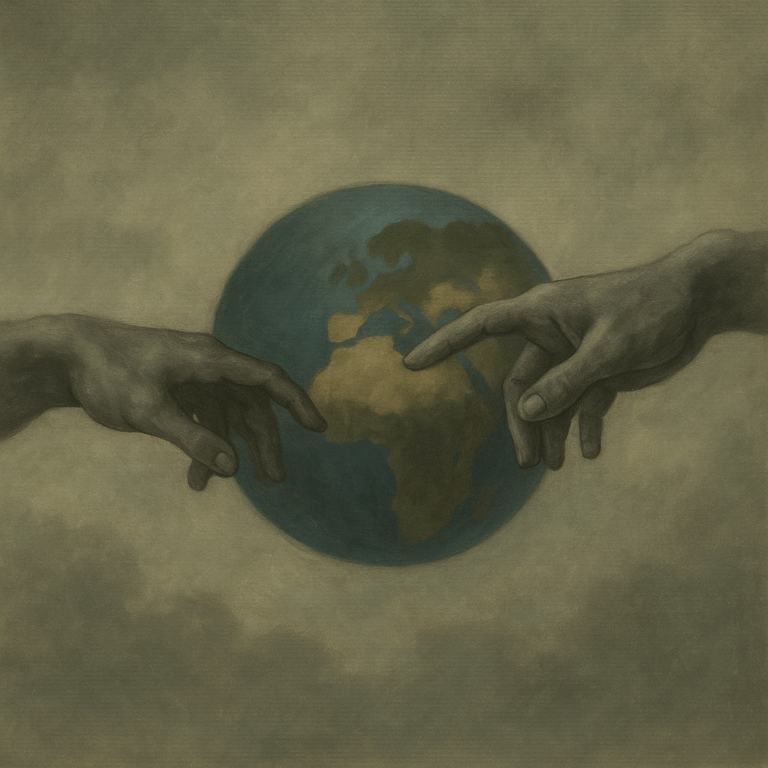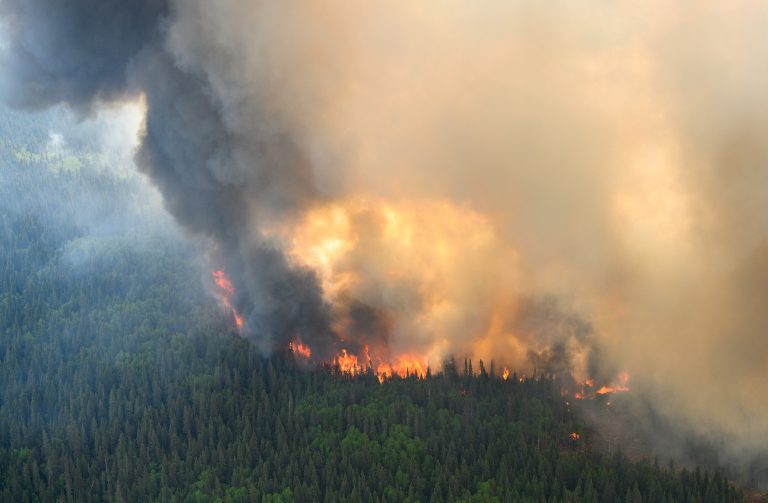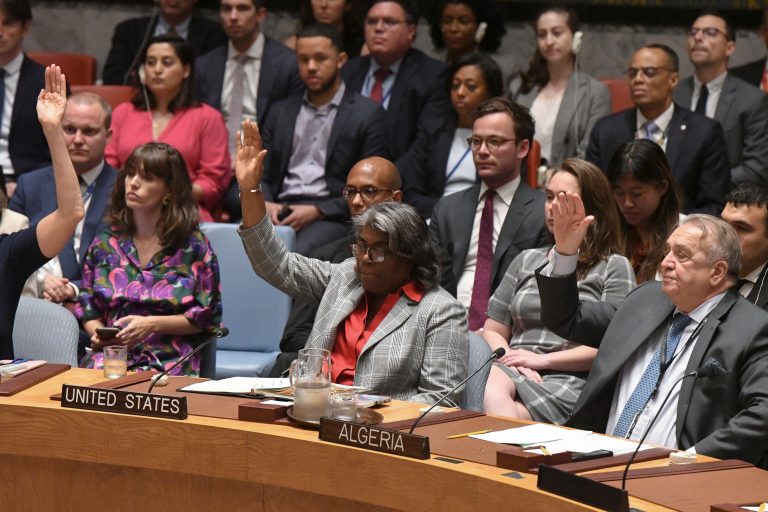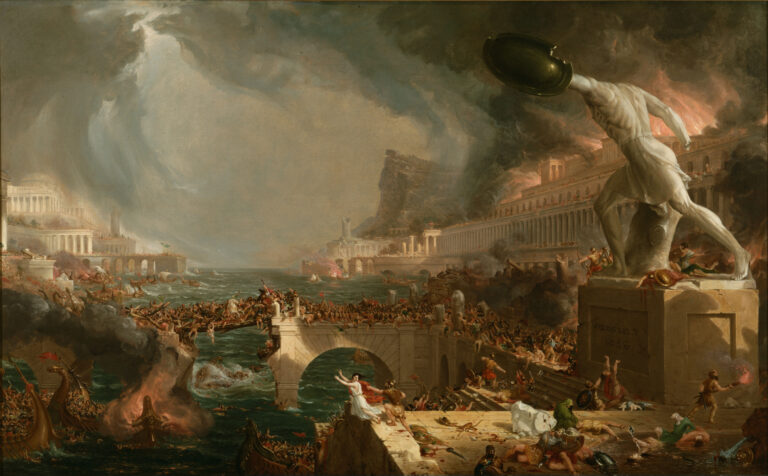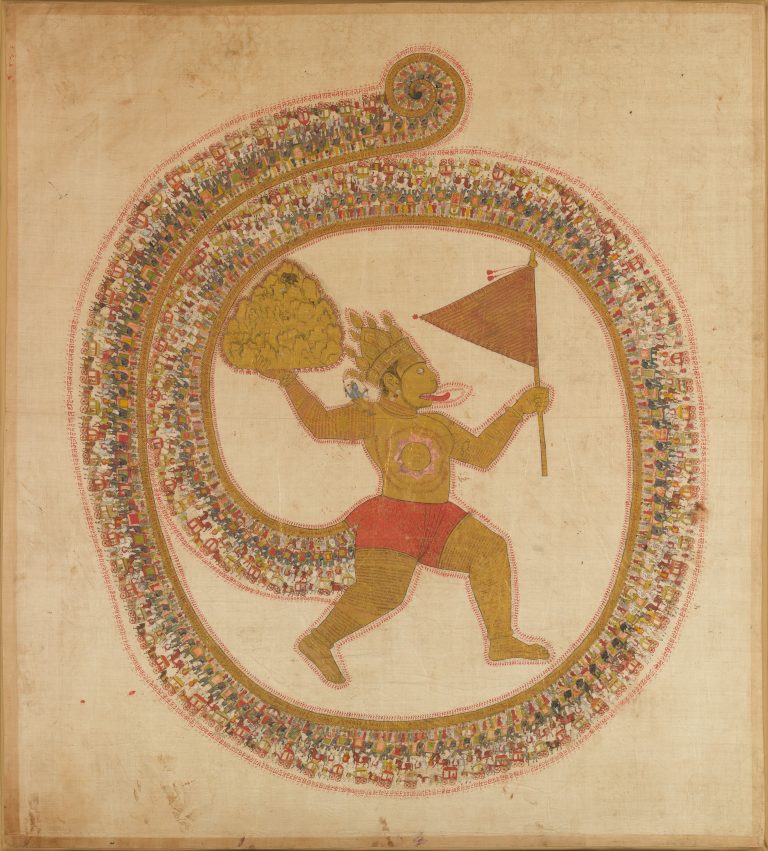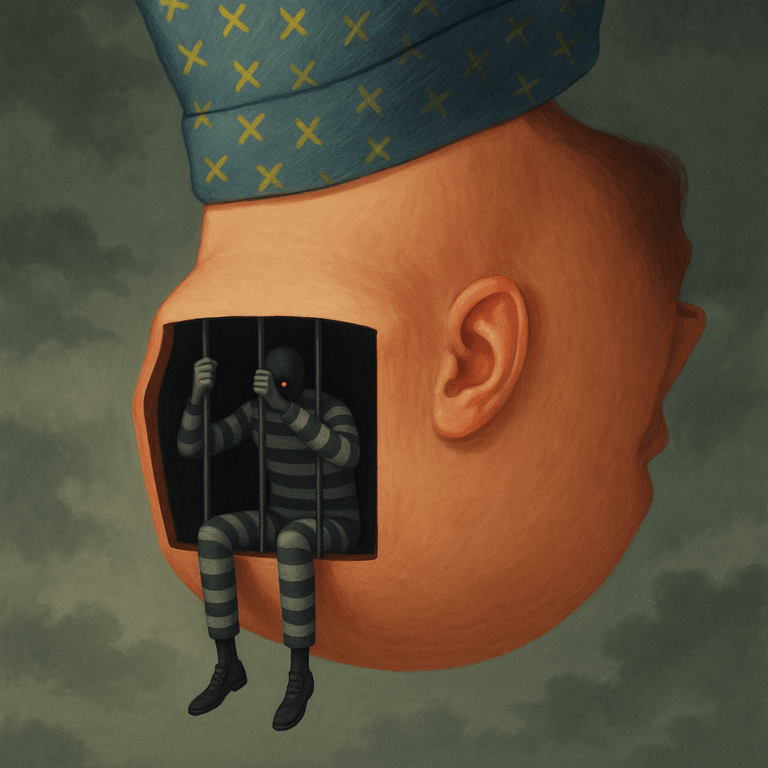Sudan, a land of ancient civilization and diverse culture that sits in northeastern Africa, bordered by the Red Sea, and surrounded by seven countries, is being ignored in totality by the global media.
Since last year, the country has been under a systematic collapse. The only individuals who may even know a tad bit about the ongoing event may be students studying global politics or spectators of what transpires globally.
Background
The country is not immune from instability. It has a long history of conflict, including foreign invasions, ethnic tensions, religious disputes, and quarrels over natural resources. Of the 72 years of Sudan as a sovereign country, it has been under a totalitarian government for 52 years, 10 years under democratic governance, and 10 years in transitional phases. In particular, the country has witnessed 15 coups during the span of 72 years—15 is not a small number in any sense whatsoever.
Instability has defined Sudan, with two major civil wars between the central government and the southern regions that led to the bifurcation of the country, giving birth to South Sudan. The struggle for independence cost 1.5 million Sudanese. The second was in the west of Darfur, which displaced two million people and killed more than 200,000 people.
War in Darfur; Formation of the RSF
The problems of recent times started at the beginning of this century, in the year 2003. A rebellion sprung up against the ruling dispensation of that time; as any autocratic government would respond, civil liberties were ceased to exist, and state-sponsored violence took place.
To put an end to the uprising, the government sought assistance from a group of Arab militias known as Janjaweed. The militia transmogrified into a proper paramilitary group, the Rapid Support Forces. The group was under the helm of Hemedti, a name to be remembered as he is a consequential figure in modern Sudanese history.
RSF is a vile force; its modus operandi is to kill civilians in mass, rape the innocent, pillage, torture, and destroy villages. Of all the calamities befell by RSF, the direst was the ethnic cleansing they perpetrated against the Fur, Masalit, and Zaghawa peoples. The Bashir regime enabled these rogue groups to proliferate in order to counter security threats from within the armed forces, a practice also known as “coup-proofing.”.
The Current Civil War
Due to the great rivalry between the two power canters, coexistence became untenable (Bashir & Hemedti’s RSF). Therefore, the current war began on April 15, 2023, with attacks by RSF on critical infrastructure and government sites. The warring factions split the two major cities, Khartoum and Omdurman. The advances by the RSF made Bashir relocate his government to Port Sudan; most of Khartoum’s government buildings were under the total control of RSF forces.
Over the next few months, after the initial phase of the war, a stalemate occurred. During this period, other rogue, fringe militant rebel groups that fought against the Sudan’s government affiliated themselves with either side of the war—Bashir or RSF.
Starting in October 2023, the wind started to blow toward the RSF as the paramilitary defeated army forces in Darfur and made significant gains in Khartoum State, Kordofan, and Gezira State.
Since February 2024, major countries from the Middle East and Africa have tried to use the international platform, using diplomatic levers to stop the war. But then their personal goals are contradictory to their actions in the public domain. Most of the major Arab countries have their own favorable sides in the conflict. Throughout the tense period, they are the ones funneling both sides with weaponry—sadly, they do not intend to stop.
Humanitarian Impact and Our Obliviousness
The two Great Wars should have been a litmus test on the casualties of human lives that wars inflict, especially with a strong and formidable military equipped with modern weapons.
The great calamity is that the global framework for peace and humanitarian assistance that was adopted after 1945 has no credibility in the current time. A bloodless future, as imagined by the thought leaders of that time, could not be fulfilled and seems unimaginable in the near future.
15,500 people have died, and 10 million have been displaced within the country. These people are the poorest of the poor; you could make their day by giving them a bottle of water. Yes, situations of this sort still exist.
The world is not what everyone of us engulfs upon—the feed given by the algorithms of social media.
In 2023 alone, 238 million people faced high levels of acute food insecurity. In Sudan alone, just because of the current conflict, an additional 8.6 million people did not have enough food to eat, bringing the total number of people in Sudan to 20 million.
To the surprise of many, we most often complain about how inadequate our home feels to us, especially compared to the ones shown to us in the entertainment media. 150 million people in the world do not have any place they could call “home.” The actual people without an adequate home are classified as having “inadequate shelter.” The number of people who fall into this category is staggering, at 1.6 billion.
Who is there to listen to their grievance? We have hate-spreading social platforms. What do they have? Acceptance of injustice?
Major global talking points are still selected and dominated by a few. One must fathom the neglect of the masses that is occurring.
Rather than argue about topics that none of us will ever come to consensus with, like, which gender is superior? What race is superior? Who exploited whom in the past?
All in the ranks of influence and power should be formulating a comprehensive plan pertaining to the upliftment of the periphery of society, not only in their territory but also in other regions.
Globalization does not exist only when it is convenient.
A progressive change would be an evolution in the way news is projected—the ethos in the industry at large must change.
Do we really need to know what a certain western leader’s every physical movement is? Shouldn’t we be aware of the ground realities in countries in the Caribbean, South America, Africa, and Asia other than the economic powerhouses?
Change is never too late. The world is not bipolar; we have been restrained not only in thought but also in our perception of ground realities. This must change. Resources are not limited; our efforts are. Sudan is just one story among the many unheard of.

